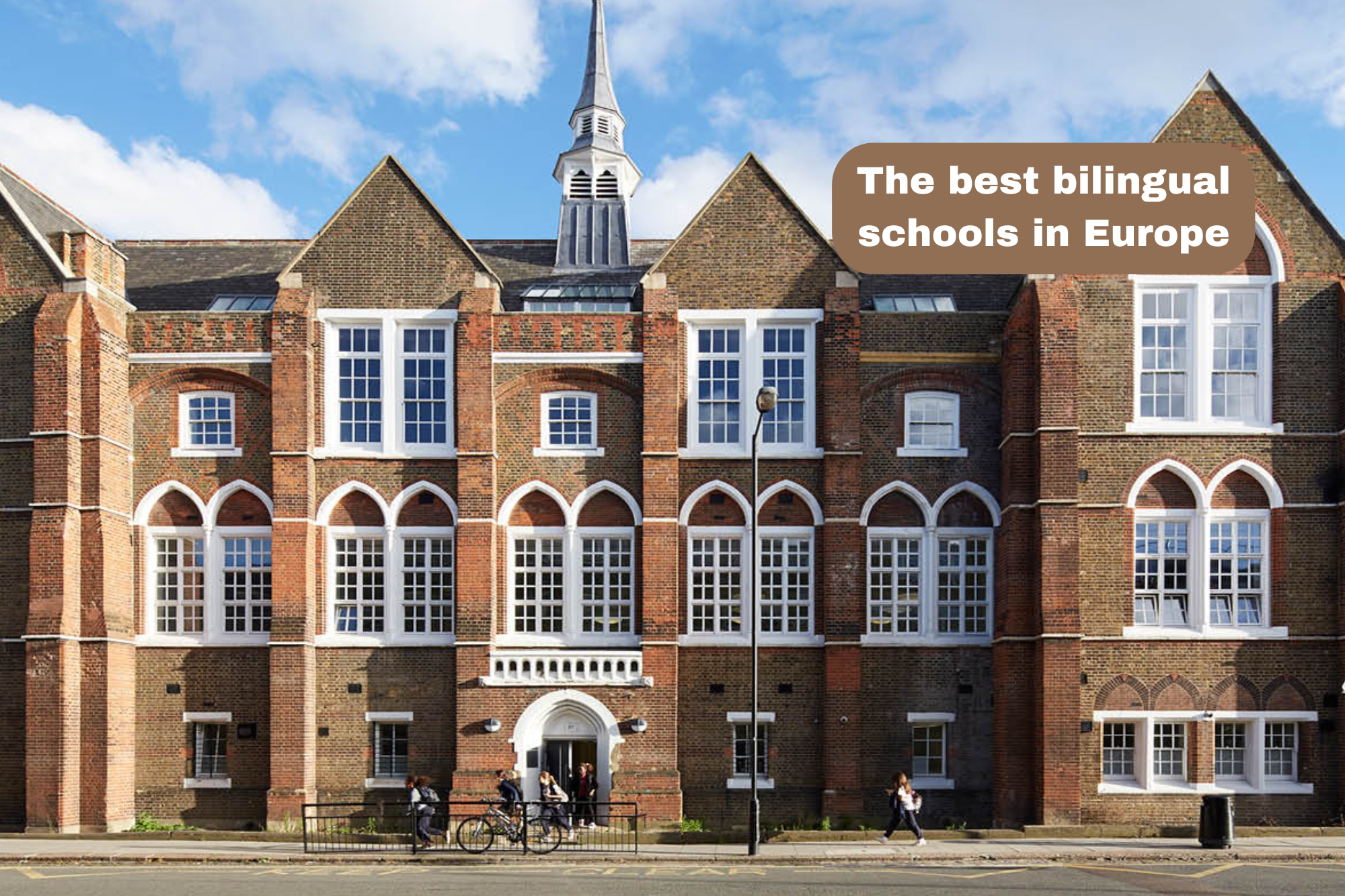Share this Post
Choosing the right curriculum is a crucial decision for students aiming for higher education.
The International Baccalaureate (IB) and A-Level programs are two of the most widely recognized pre-university qualifications worldwide.
While both serve as strong academic pathways, they have fundamental differences in structure, assessment, and subject choices.
This article explores the key differences between the IB and A-Level curriculums to help students and parents make an informed decision.
Overview of IB and A-Level
International Baccalaureate (IB)
The IB Diploma Programme is a two-year curriculum designed for students aged 16 to 19.
It emphasizes a holistic approach to education, combining academic subjects with personal and professional skills development.
- Students must take six subjects from different groups: Language & Literature, Language Acquisition, Individuals & Societies, Sciences, Mathematics, and Arts.
- Three subjects are studied at Higher Level (HL) and three at Standard Level (SL).
- Core components include the Theory of Knowledge (TOK), the Extended Essay (EE), and Creativity, Activity, and Service (CAS).
A-Level (Advanced Level)
The A-Level curriculum, primarily offered in the UK and some international schools, is a subject-focused qualification that allows students to specialize in their areas of interest.
- Students typically take three to four subjects in their first year (AS Level) and continue with three subjects in their second year (A2 Level).
- There are no mandatory core components, providing greater subject flexibility.
- Assessment is mostly exam-based, with some coursework depending on the subject.
Subject Choices and Flexibility
- IB: Requires students to study a broad range of subjects across six groups, ensuring a well-rounded education.
- A-Level: Offers flexibility, allowing students to focus solely on subjects related to their desired university course or career path.
Who Should Choose What?
- IB is suitable for students who prefer a diverse subject selection and are willing to manage coursework alongside exams.
- A-Level is ideal for students who want to specialize in a few subjects, focusing deeply on their chosen areas of study.
Assessment and Grading
IB Grading System
- Each subject is graded on a scale of 1-7, with 7 being the highest.
- Additional 3 points are awarded based on the Extended Essay (EE) and Theory of Knowledge (TOK), making the maximum score 45.
- Final grades are based on coursework, internal assessments, and external exams.
A-Level Grading System
- Each subject is graded from A* (highest) to E (lowest).
- Assessment is heavily exam-based, with some subjects incorporating coursework.
- A-Level students typically receive individual grades for each subject rather than an overall score.
University Recognition and Career Pathways
- IB: Recognized worldwide, particularly in North America and Europe, for its holistic approach. It is valued for developing research, critical thinking, and time management skills.
- A-Level: Highly regarded in the UK, Commonwealth countries, and beyond, offering a clear subject specialization that aligns well with university courses requiring depth of knowledge.
Which Curriculum Do Universities Prefer?
Both IB and A-Level qualifications are well-respected, but certain universities may favor one over the other depending on the country and course requirements.
IB is sometimes preferred for its rigorous coursework, while A-Levels offer direct subject specialization for specific degree programs.
Workload and Learning Style
- IB: Demands a higher workload due to coursework, internal assessments, and the core components (TOK, EE, and CAS). Requires time management and well-rounded skills.
- A-Level: Less coursework-heavy but requires deep subject understanding. Suitable for students who prefer exam-based assessments and subject mastery.
Cost and Availability
- IB: Offered in fewer schools globally, often in international or private institutions. Can be more expensive due to the resources required.
- A-Level: More widely available, particularly in the UK and some Commonwealth nations, making it more accessible in terms of cost and school options.
Conclusion
The choice between IB and A-Level depends on a student’s academic strengths, career aspirations, and preferred learning style.
IB provides a balanced, holistic education with global recognition, while A-Level allows for subject specialization with a strong exam focus.
Both are prestigious qualifications that can lead to excellent university opportunities, making the decision a matter of personal preference and long-term goals.





